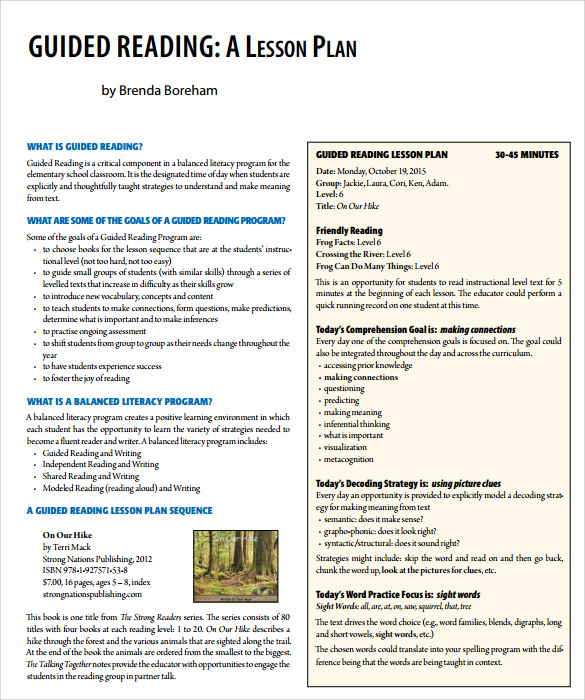

‘Delays and difficulties in speech and language provide some of the first clues that a child is at risk of reading difficulties.’ Developing Language and Literacy: Effective Intervention in the Early Years By Julia M. Suitable for new and experienced teachers alike, the text gives practical advice and approaches in supporting pupils to develop strategies to extend their comprehension.ġ0. This is a really useful, hands-on resource offering practical examples for implementing guided reading sessions for pupils aged between 7 and 11. ‘Reading comprehension is so much more than just reading words’ Guiding Readers - Layers of Meaning: A handbook for teaching reading comprehension to 7-11-year-olds By Wayne Tennent, David Reedy, Angela Hobsbaum, Nikki Gamble

The text provides evidence-based interventions for improving reading skills as well as guidance on assessment and monitoring.ĩ. It is research based but written to help teachers. This is a highly recommended text for dealing with specific reading comprehension difficulties in children aged between 7 and 11. ‘Only part of the task of reading comprehension is situated within the text itself a developed understanding comes from the interaction between the text and the reader’s response to it.’ Clarke, Emma Truelove, Charles Hulme, Margaret J. Developing Reading Comprehension By Paula J.
#BASIC READING POWER 1 3RD EDITION PDF FULL#
Oczkus provides a comprehensive and real-world resource for teachers, full of lessons, mini-lessons and strategies to improve reading comprehension that incorporates four main strategies-predicting, questioning, clarifying, summarizing-that good readers use together to comprehend text.Ĩ. Oczkus provides both tried-and-true and fresh solutions for teaching reading comprehension.Įxtremely useful for key stage 2, but also good throughout the primary stages and into key stage 3. In this fully revised and expanded third edition of the bestselling Reciprocal Teaching at Work, Lori D. ‘Many of our students could definitely use a "reading vitamin boost" to give them the energy, stamina, and power to attack any text they encounter!’ Reciprocal Teaching at Work: Powerful Strategies and Lessons for Improving Reading Comprehension It offers easy to follow explanations of the research and looks at areas such as word reading and comprehension, development of comprehension skills, comprehension difficulties, assessment and teaching for improvement.ħ. A really useful and practical handbook, this text focuses on the different skills which contribute to successful reading comprehension. Great for trainee and experienced teachers.
#BASIC READING POWER 1 3RD EDITION PDF CRACK#
‘Learning to read is a matter of learning to crack a code.’ Understanding and Teaching Reading Comprehension: A handbook By Jane Oakhill, Kate Cain and Carsten Elbro Recommended by Professor Christine Merrell (and found to be valuable in her development of the InCAS assessment), this scholarly text focuses on the process of learning to read and while it is suitable for literacy researchers, it is also written with teachers in mind.ĥ. Reading, therefore, is about much more than gaining a skill: it is about learning to be.’ ‘ narrative is fundamental to human development. Understanding Reading Development By Colin Harrison It aims to fill the gap between the state of research knowledge about learning to read and the state of public understanding.Ĥ.

It recommends a balanced agenda for instruction and research in reading acquisition that is based on a deep understanding of how language and writing systems work. Reading is the basis for the acquisition of knowledge, for cultural engagement, for democracy, and for success in the workplace.’īridging the gap between research and practice, this article sets out a plan to end the ‘reading wars,’ the debate about how best to teach children to read which has divided, teachers, parents and politicians for decades. Psychological Science in the Public Interest, 19(1), 5–51. Ending the Reading Wars: Reading Acquisition From Novice to Expert. It is an accessible combination of theory and practice, as well as providing summaries of current research.ģ. It provides research-based and practical strategies for vocabulary development with children from the earliest grades and into the later years. This highly recommended book is relevant to all teachers from nursery upwards and not just restricted to young children. ‘A rich vocabulary supports learning about the world, encountering new ideas, enjoying the beauty of language.’ Bringing Words to Life: Robust Vocabulary Instruction By Isabel L.


 0 kommentar(er)
0 kommentar(er)
